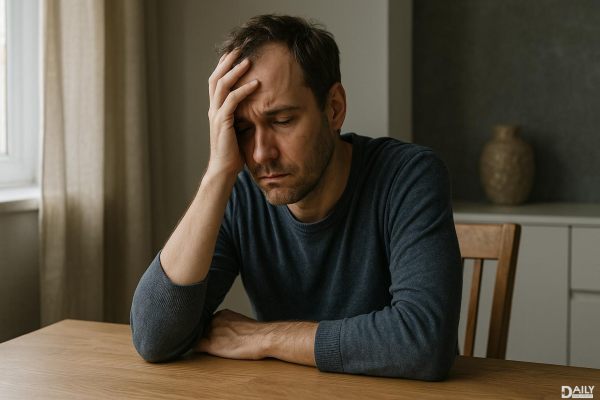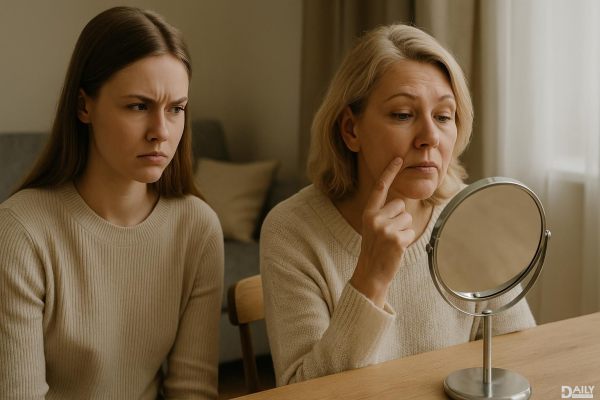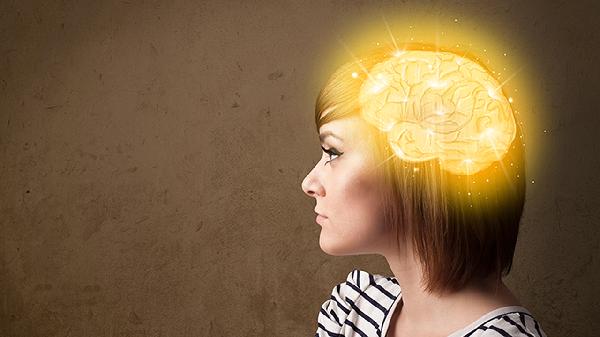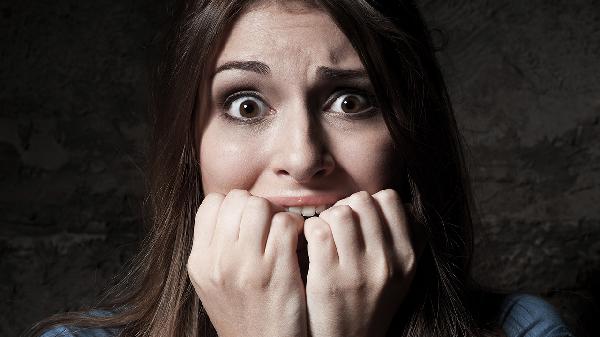Growing up as a first-generation Asian Canadian, I quickly learned that mental health wasn’t something we talked about at the dinner table. It was all about grades, respect, and keeping up appearances—because what would the relatives think? But behind that polished exterior, there was a quiet storm of anxiety, pressure, and unspoken emotions. Therapy? That was for "crazy people," or so I was led to believe. It took years to unlearn that stigma and realize that seeking help isn’t a weakness—it’s an act of courage.
The Cultural Tightrope: Tradition vs. Mental Health
In many Asian households, mental health struggles are dismissed as laziness, overreacting, or even ingratitude. The idea of sitting on a therapist’s couch to unpack your feelings can feel foreign—or downright disrespectful—when your parents survived war, poverty, or migration without "complaining." But here’s the thing: resilience doesn’t mean suffering in silence. My mom once scolded me for crying before a piano recital, saying, "What if someone sees?" It took me decades to understand that her reaction wasn’t cruelty—it was fear. Fear that my vulnerability would make life harder in a world that already saw us as outsiders. Breaking that cycle meant acknowledging that mental health care isn’t a Western indulgence; it’s a human necessity.
When Model Minorities Aren’t Okay
The "model minority" myth paints APIA folks as universally successful, hardworking, and emotionally unshakable. But that stereotype is a straitjacket. I burned out twice before age 30—once in med school (dropped out) and again at a corporate job (quit after panic attacks). Each time, I buried my struggles because admitting failure felt like betraying my family’s sacrifices. Spoiler: That mindset only made things worse. Therapy taught me that honoring my parents’ journey doesn’t require self-destruction. As my Vietnamese-American therapist put it: "You can’t pour tea from an empty pot."
Finding Help That Gets It
Early therapy attempts were… rough. My first counselor kept mispronouncing my last name and suggested I "try yoga" for generational trauma. It wasn’t until I found an Asian-American provider that things clicked. She understood why I felt guilty for setting boundaries with my parents. She didn’t pathologize my cultural duality—she helped me navigate it. If you’re hesitant about therapy, know this: Culturally competent care exists. Organizations like Asian Mental Health Collective and Therapy for Latinx offer directories to find providers who share your background or at least "get" the nuances.
The Power of Rewriting the Script
Last year, I did the unthinkable: I told my aunt I was in therapy. Her initial silence terrified me. Then she whispered, "I think I need that too." That moment cracked something open in our family. Now, we have group chats about meditation apps instead of just cholesterol levels. Progress isn’t linear—some relatives still side-eye my antidepressants—but the shame is lifting. For anyone reading this while wrestling with guilt or fear: Your healing matters. However small the step—a telehealth session, a candid conversation, even just Googling "Asian therapists near me"—it counts. You’re not dishonoring your roots; you’re helping them grow deeper.
This APIA Heritage Month, let’s retire the idea that struggle is a solo journey. Our communities have always thrived through interdependence—whether it’s pooling money for a cousin’s tuition or bringing soup to a sick neighbor. Mental health is no different. The bravest thing we can do isn’t carrying the weight alone; it’s asking for help before our knees buckle. And hey, if that means explaining to your grandma that therapy isn’t just for "white people problems," so be it. Change starts one awkward conversation at a time.
























